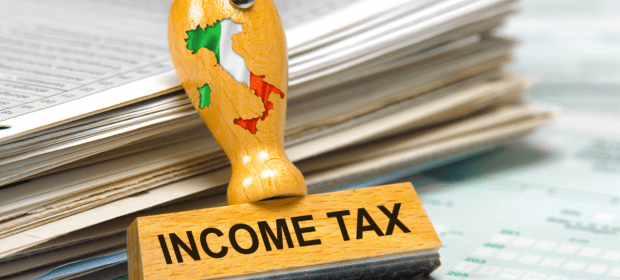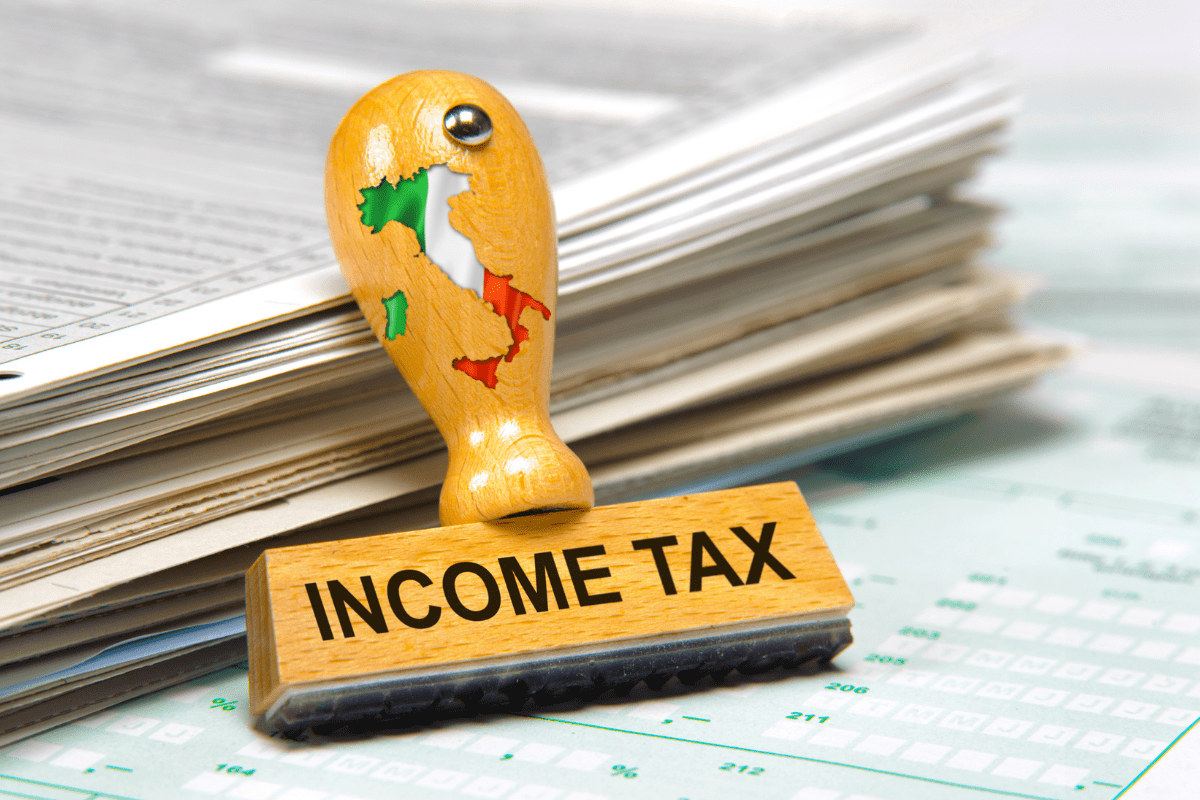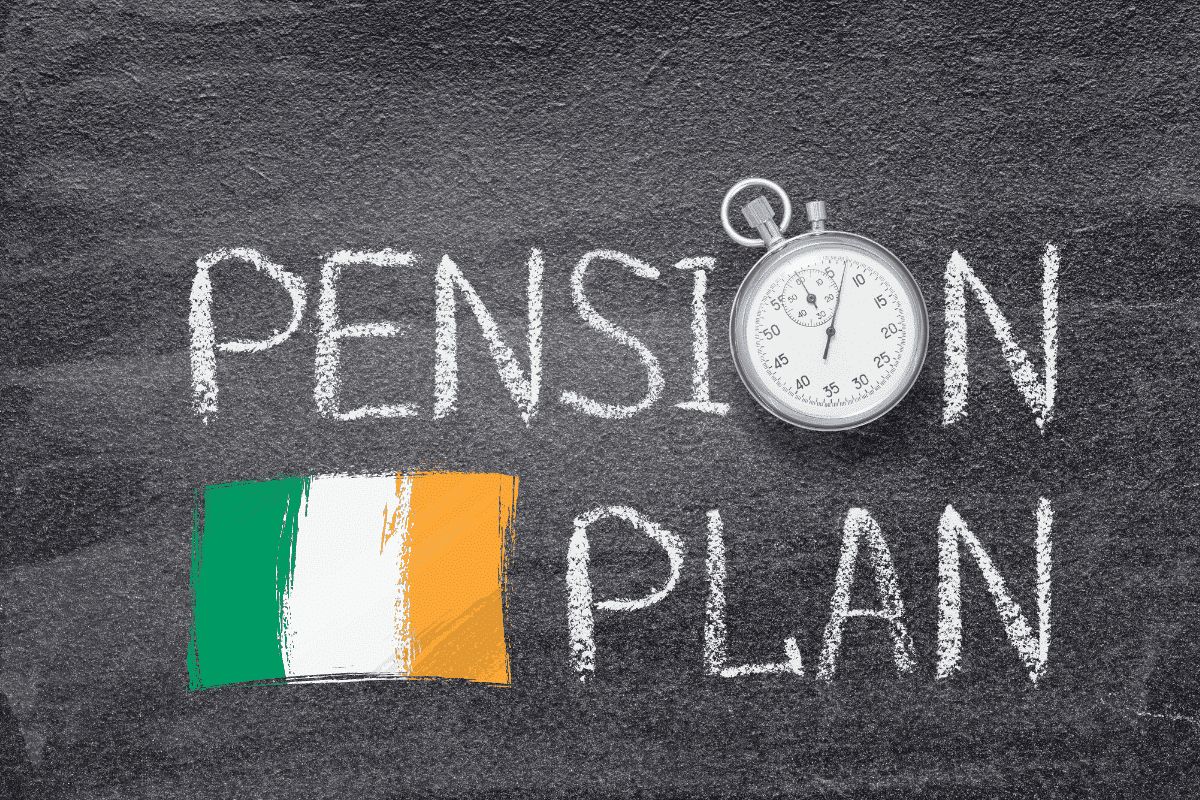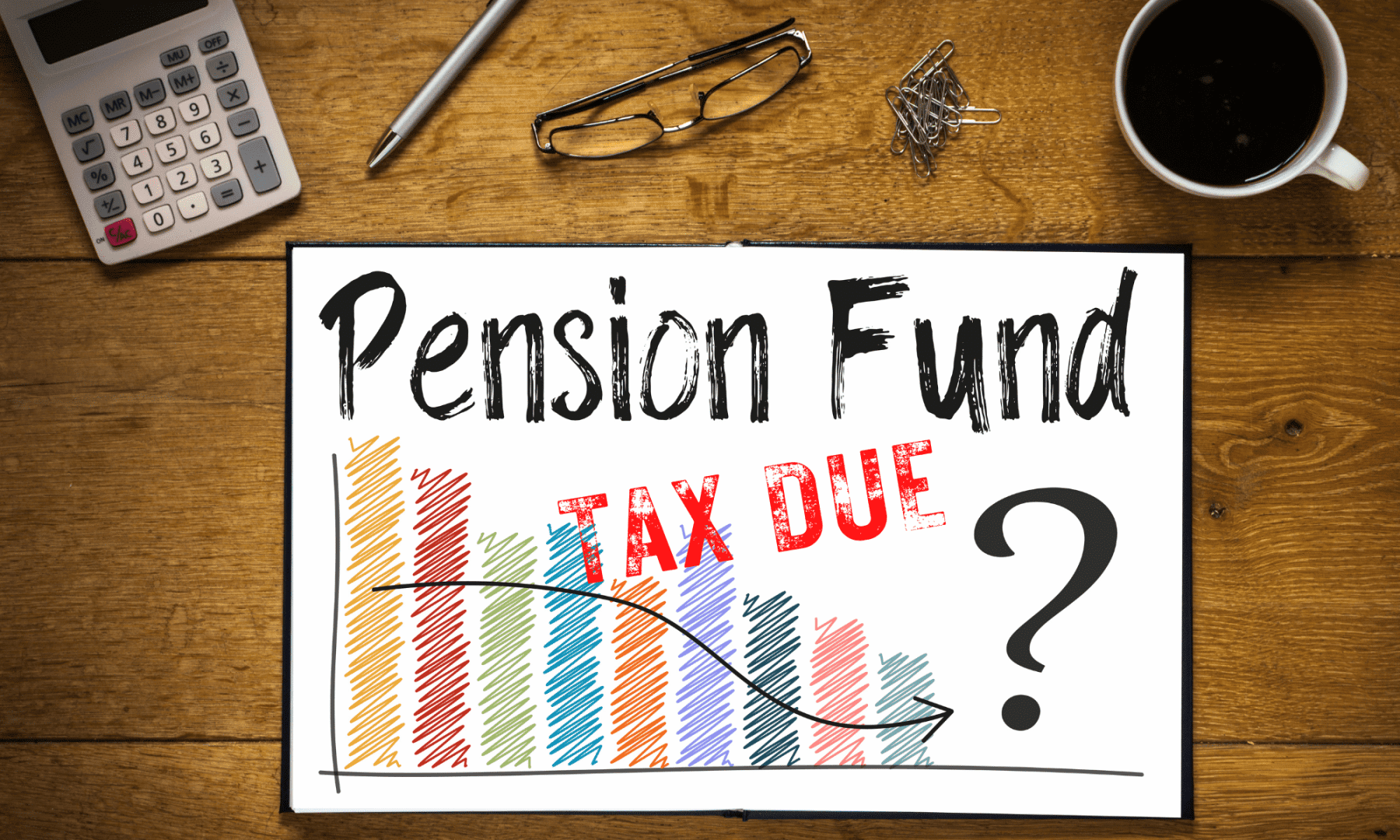Well, it’s the moment that we have all been waiting for. The announcement was made on the 25th November. The new income tax bracket bands (IRPEF) from 2022. Unfortunately, I have to report that they really are not going to make a big difference to most people, but some savings might be available.
I know I mentioned in one of my previous E-zines that there was also talk of a possible allowance being introduced as well, but this area is still being debated. The talk is that an allowance will not be forthcoming for everyone, but that they will merely extend or enlarge the current no-tax area. This is not the same as an allowance which everyone would receive regardless of their income; instead it is offered to those with lower incomes, in different classifications. At present the no-tax areas apply as follows:
For employed workers: €8145pa
Pensioners: €8130pa (this increases for the over 75s to €9000pa)
Self employed workers: €4800pa
** You would not be taxed at all if you were earning / receiving income equating to those figures exactly. However, the more that your total income increases over these figures, the more of the no-tax area that you lose. Hence distinguishing this from a tax allowance. It is more like a means-tested benefit ***
Remember that Italy also has its highly complex system of detractions and deductions which can help to reduce your overall tax bill further. This, with the changes made in the income tax rates, will also be under review, but I suspect it will still remain in some shape or form for the future. The complication here is always knowing what you are eligible to deduct and how. To keep on top of the current system of deductions and detractions, you almost need to make it a full time job, from tax deductions for installing a water filtration system in the house, to veterinary bills and expenses. Anyway, more on that as and when I know more myself.
For now, let’s concentrate on the fact that income tax rates have now been reviewed and subsequently will change for 2022.

















